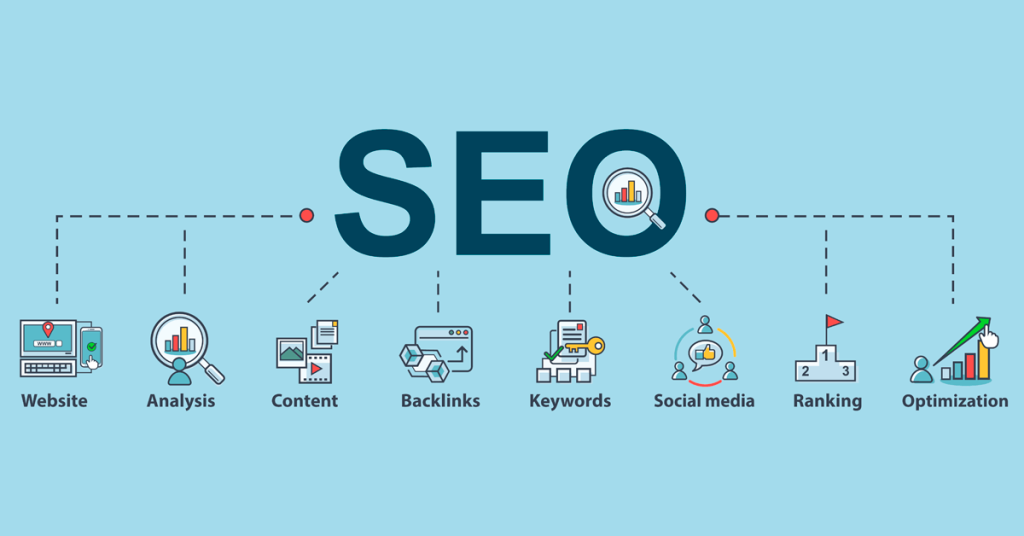What Is SEO and How Does It Function?
SEO is a fundamental component of your digital marketing strategy, and possessing knowledge in this area is crucial, regardless of your specialization within digital marketing.
This places Google at the forefront when we discuss search engines in the context of SEO, although we must not overlook competitors like Bing, Baidu, and Yahoo, even if their market share is comparatively small.
Internet Live Stats reveals that Google receives over 66,000 searches per second every day. (Please note that this figure is based on data at the time of writing. It may vary if you check the link, as this source collects data in real-time.) This immense search activity underscores the significant challenge for businesses to stand out, highlighting the critical importance of SEO in the complex landscape of digital marketing.
Search Engine Optimization (SEO) pertains to the process through which search engines “crawl” content to evaluate its effectiveness in attracting traffic. Search engines assess various aspects of a website, such as keywords, tags, and link titles, to determine its potential to draw organic traffic based on a range of factors.
Key factors that search engine crawlers consider include:
– **Quality Content:** High-quality content conveys to search engines that your website offers valuable goods or services. This evaluation involves aspects like link building and the use of keywords.
– **User Experience:** Is your website designed for a seamless and fast user experience? Can visitors effortlessly navigate and achieve their objectives, such as making a purchase?
– **Link Patterns:** Are you including links to authoritative websites? Where are your inbound links originating from?
Anyone can grasp the fundamentals of SEO and integrate them into their digital sales, marketing, and content strategies. However, gaining comprehensive expertise and achieving proficiency takes time and technical knowledge. Therefore, it’s advisable to consider hiring an SEO expert if you aim to maximize your website’s conversion potential.
Additionally, it’s important to note that Google typically requires some time to recognize and reward your site. If your website is brand new, it may take a considerable amount of time for Google to take notice of it.
What Is SEM and How Does It Operate?
Search Engine Marketing (SEM) encompasses several forms of paid search advertising, often seen as Google ads that prominently appear at the top of search result pages. Effective SEM is often contingent on strategic keyword placement and usage, making a strong understanding and strategy essential.
Here are some examples of SEM-based advertising activities:
– **Targeted (paid) ad campaigns**
– **Crafting ad copy using carefully selected keywords**
– **Adhering to allocated budgets**
– **Applying key performance indicators like click-through rates (CTR) and cost-per-click (CPC) to inform future ad campaigns**
SEM, when executed effectively, can position your ads at the top of search result rankings. It’s excellent for building brand recognition since your ads consistently appear at the top of search results. It’s also a potent method for attracting specific, high-quality traffic to your website. Moreover, SEM offers clear insights into your return on investment (ROI) as it involves paid advertising, making it easy to measure the traffic generated and subsequently adjust campaigns based on this data.
One drawback of SEM is that it necessitates specific knowledge and tools (like Google AdSense). If you lack expertise in this area, it’s advisable to consider engaging a professional with significant experience in web marketing and advertising campaigns to ensure optimal results.
